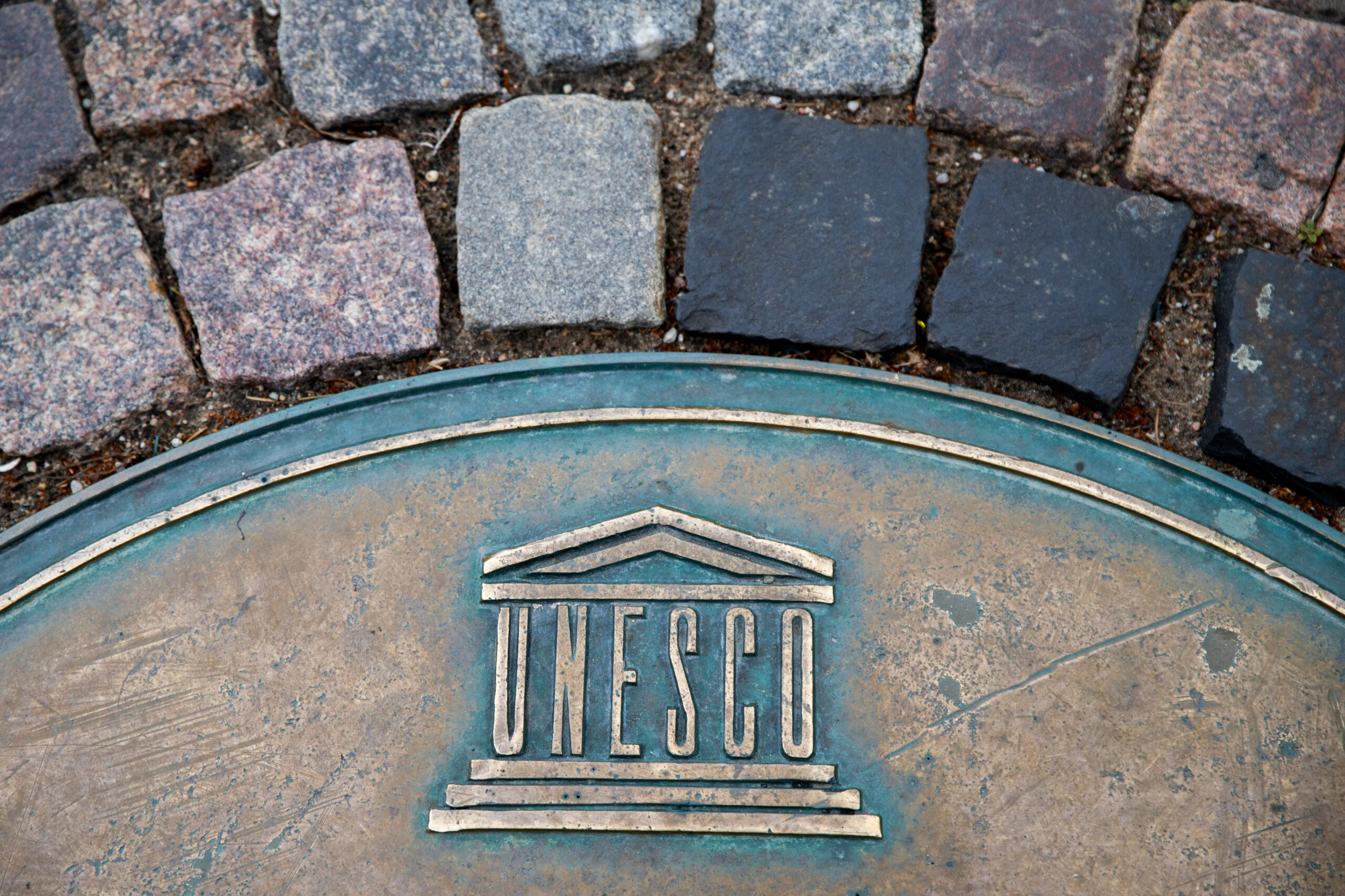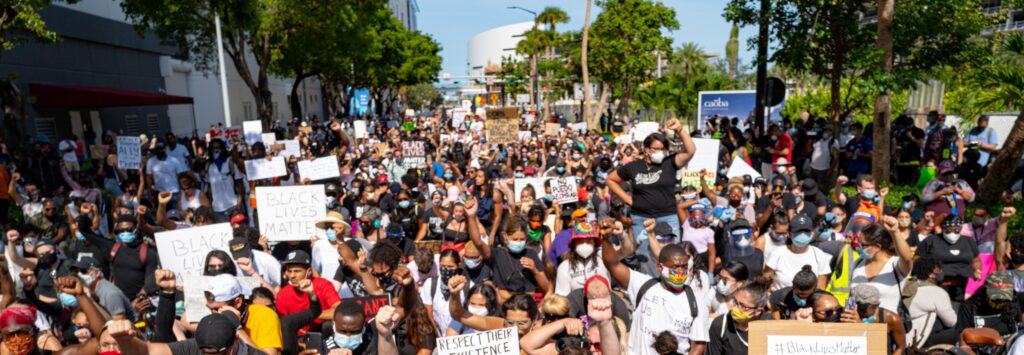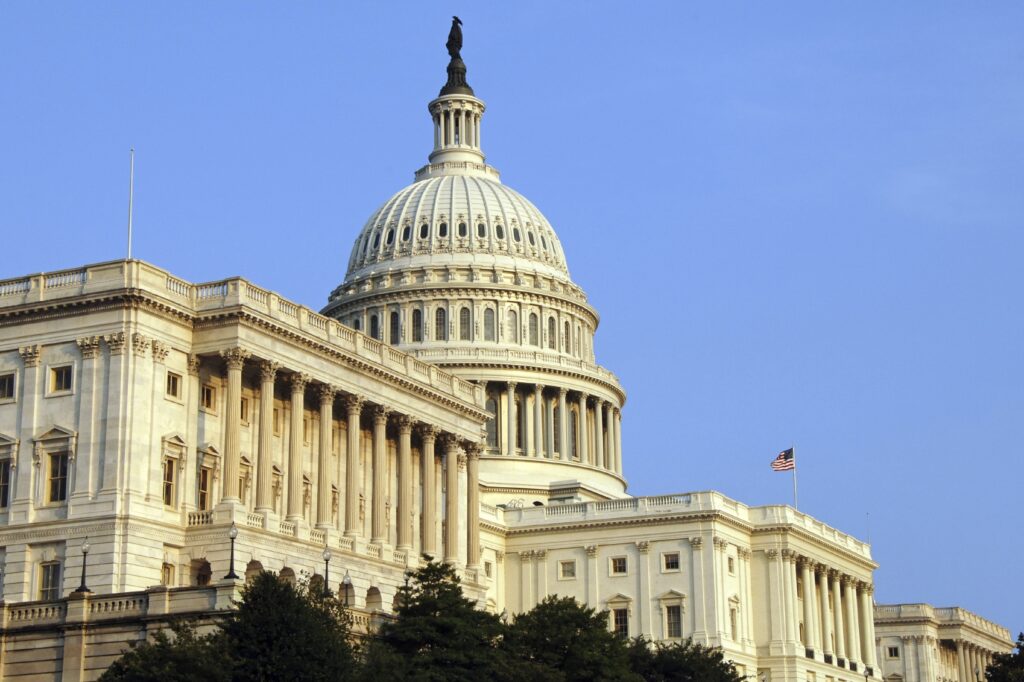Washington, DC (June 16, 2023) – After a decade-long absence, the U.S. has stated its intention to rejoin the world’s largest cultural and scientific agency. In a statement released by the United Nations Educational, Social, and Cultural Organization (UNESCO), they also said that negotiations were underway for the U.S. to pay back dues. UNESCO Director-General Audrey Azoulay noted, “It’s a historic moment for UNESCO… It’s also an important day for multilateralism.″
Reacting to the news, Peter Yeo, President of the Better World Campaign, remarked, “Without the U.S. present, UNESCO’s work as a standard bearer for human rights, free expression, and open inquiry has been weakened.” He added, “It’s essential that the U.S. is at the table for discussions on inclusive and equitable education, AI regulation, technology research, and countering violent extremism. UNESCO is that table.”
In an email to the Better World Campaign, a State Department spokesperson says of the decision to rejoin UNESCO, “The Biden administration believes firmly that the U.S. must be present and active on the global stage wherever U.S. interests can be protected and advanced… UNESCO influences our shared international understandings on matters such as the evolution of artificial intelligence, the responsibility of nations to respect media freedoms, the immeasurable toll of the Holocaust, and protection of world heritage in ways both immediate and incremental.”
On June 8, a proposal from Deputy Secretary for Management and Resources Richard Verma was hand-delivered by a Washington delegation to Director-General Azoulay outlining steps to rejoin the organization with full membership privileges. After Director-General Azoulay notified UNESCO Member states, Japan and several other representatives recommended holding a special session of the General Conference to consider the U.S. proposal. The timing of the session has not yet been announced.
UNESCO’s mandate covers a vast range of programs and initiatives related to promoting education, intercultural dialogue, human rights, innovation, arts and sciences, and communication. The U.S. has long supported many of these programs, as they align with U.S. interests and reflect our nation’s core values. In 2011, the U.S. suspended contributions after the organization accepted Palestine as a member, a move that violated U.S. law. In 2017, the Trump administration then withdrew entirely, citing anti-Israel bias and concerns over reform. In a shifting political environment, however, unease surrounding China’s growing influence and a desire to be more actively engaged in promoting the U.S. vision of a free world has compelled American policymakers to seek reentry.
In addition to UNESCO’s more widely known initiatives like the World Heritage program, it also serves a critical function in scientific research, literacy campaigns, education, and is working at the forefront of investigations into managing artificial intelligence. UNESCO has also played a key role in responding to the education-related disruptions of COVID-19, including how to identify at-risk students and concrete steps to promote learning recovery.
Under the reentry plan – pending support of UNESCO Member states and Congressional approval – the U.S. would pay its 2023 dues of $75 million, plus $10 million in voluntary contributions earmarked for Holocaust education, preserving cultural heritage in Ukraine, journalist safety, and STEM education in Africa. The U.S. would also need to co-create a plan with UNESCO to gradually address outstanding arrears, which total over $600 million. Prior to 2017, the U.S. contributed 22% of the agency’s funding.
Media Contact:
info_bwc@unfoundation.org




